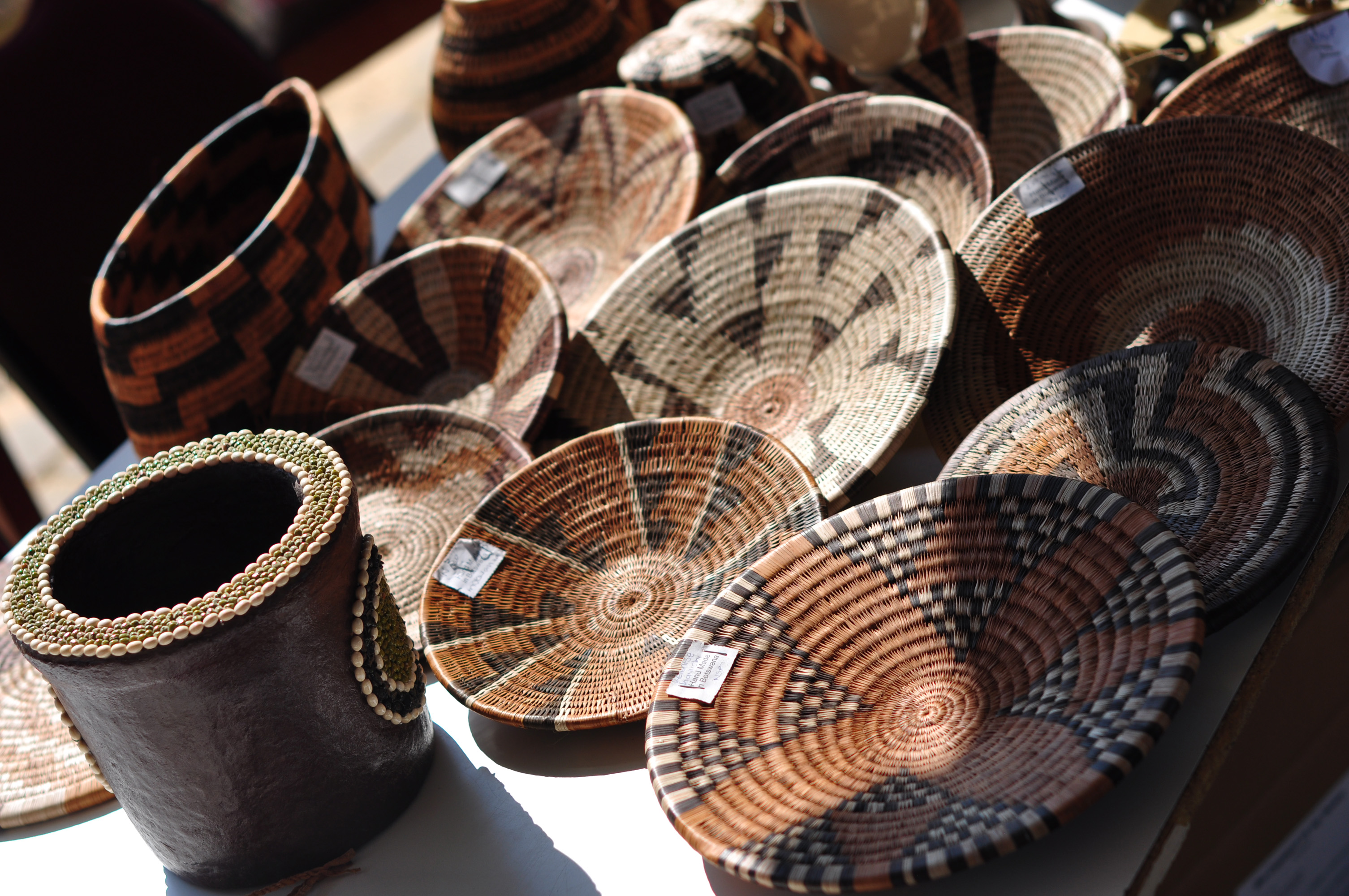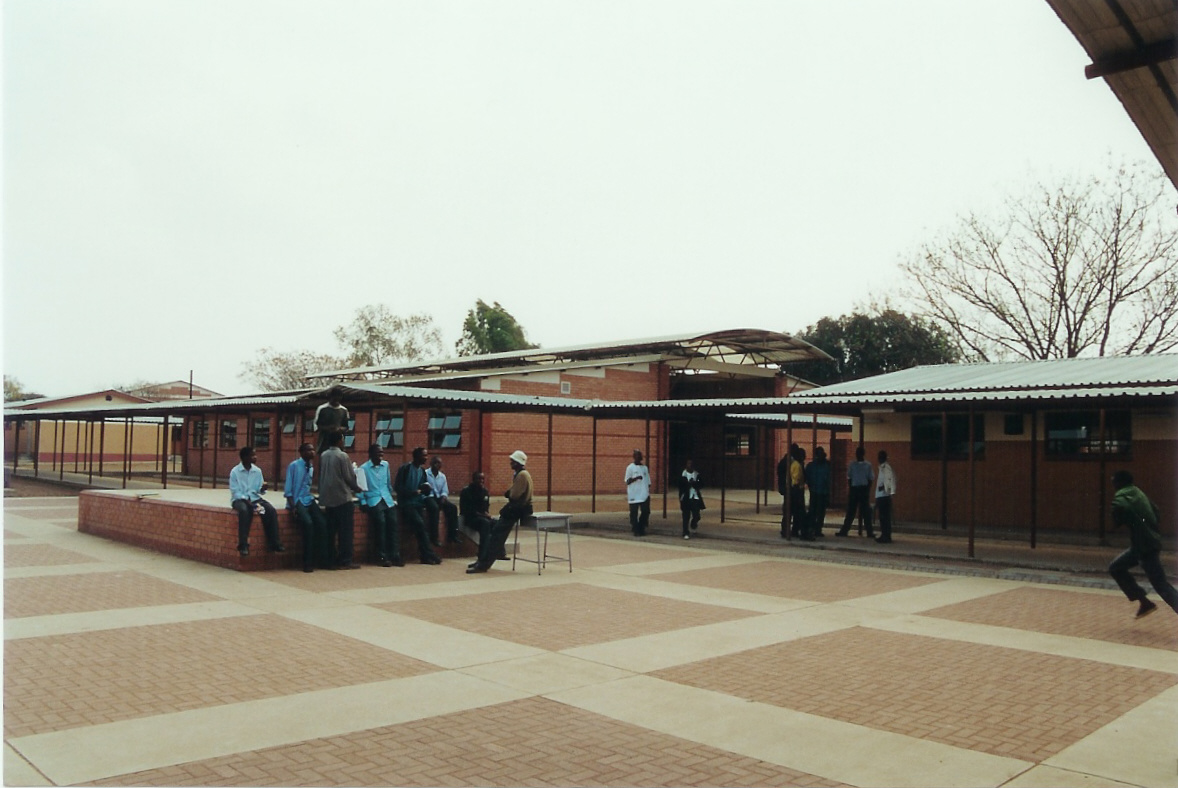|
Borankana
Borankana refers to a traditional music in Botswana which is usually practiced or performed by Bakwena tribe in the Kweneng District of Botswana (Molepolole). Borankana is strongly connected to the culture of Botswana Besides referring to the language of the dominant people groups in Botswana, '' Setswana'' is the adjective used to describe the rich cultural traditions of the Batswana - whether construed as members of the Setswana ethnic groups or of all ci ....The other used name for Borankana is Phathisi. Borankana is traditionally performed by both elderly people and young people. According to history, Borankana was performed during tribal activities only. It is believed according to history that only man and boys were the ones dancing whilst the females sang, clapped hands and Ululated during performances. Origins of Phathisi/ Borankana Borankana performances are estimated to have initiated by the year 1914 and 1916. According to history Phathisi came from a man tying ... [...More Info...] [...Related Items...] OR: [Wikipedia] [Google] [Baidu] |
Culture Of Botswana
Besides referring to the language of the dominant people groups in Botswana, ''Setswana'' is the adjective used to describe the rich cultural traditions of the Batswana - whether construed as members of the Setswana ethnic groups or of all citizens of Botswana. the Batswana believe in the rich culture of Botho-Ubuntu, ‘‘People are not individuals, living in a state of independence, but part of a community, living in relationships and interdependence.’ Batswana believe in working together and in being united. The name Batswana is used as a nationality for the people of Botswana and as an ethnicity for people who practice the same culture and speak the same language in neighbouring South Africa.There are different ethnic groups in the country Botswana among them are the Tswana(Barolong, Bakwena, Bangwato,Batlokwa,Bakgatla, Baphuthing, Bataung, Bangwaketse, Batawana, Bahurutshe,Balete);BaKalanga(BaLilima,Baperi,BaWumbe ,BaNambya);Ovaherero(Baherero,Ovambanderu);Wayei, B ... [...More Info...] [...Related Items...] OR: [Wikipedia] [Google] [Baidu] |
Botswana
Botswana (, ), officially the Republic of Botswana ( tn, Lefatshe la Botswana, label=Setswana, ), is a landlocked country in Southern Africa. Botswana is topographically flat, with approximately 70 percent of its territory being the Kalahari Desert. It is bordered by South Africa to the south and southeast, Namibia to the west and north, and Zimbabwe to the northeast. It is connected to Zambia across the short Zambezi River border by the Kazungula Bridge. A country of slightly over 2.3 million people, Botswana is one of the most sparsely populated countries in the world. About 11.6 percent of the population lives in the capital and largest city, Gaborone. Formerly one of the world's poorest countries—with a GDP per capita of about US$70 per year in the late 1960s—it has since transformed itself into an upper-middle-income country, with one of the world's fastest-growing economies. Modern-day humans first inhabited the country over 200,000 years ago. The Tswana ethnic ... [...More Info...] [...Related Items...] OR: [Wikipedia] [Google] [Baidu] |
Bakwena
The Bakoena or Bakwena ("those who venerate the crocodile") are a large clan in Southern Africa. They form part of the Sotho-Tswana Bantu people and can be found in different countries such as Lesotho, Botswana, South Africa, Zimbabwe and Eswatini. Their main languages are Sesotho and Setswana."Koena" ("Kwena") is a Sotho/Tswana word meaning "crocodile", the crocodile is also their totem (seboko). Genealogy and history Earliest ancestor o the Koena tribe,koena, was a grandson of Masilo I, the king of Bahurutse branch of the koena around AD 1360. Koena and his followers settled at Tebang, now called Heidelberg. Around AD 1500, Bakoena started spreading in the region, from the Lekwa or Vaal The Vaal River ( ; Khoemana: ) is the largest tributary of the Orange River in South Africa. The river has its source near Breyten in Mpumalanga province, east of Johannesburg and about north of Ermelo and only about from the Indian Ocean. ... river to Kalahari (Botswana). Sotho line * ... [...More Info...] [...Related Items...] OR: [Wikipedia] [Google] [Baidu] |
Kweneng District
Kweneng is one of the districts of Botswana and is the recent historical homeland of the Bakwena people, the first group in Botswana converted to Christianity by famed missionary David Livingstone. Various landmarks, including Livingstone's Cave, allude to this history. The seat of the district's government is Molepolole, Botswana's most populous village (only trailing Botswana's two cities: Gaborone and Francistown). It borders Central District in northeast, Kgatleng District on the east, South-East District in southeast, Southern District in south, Kgalagadi District in the west, Ghanzi District in the north. The district is administered by a district administration and district council which are responsible for local administration. Manyana rock paintings in Manyana village and Kgosi Sechele I Museum are the major attractions in the district. As of 2011, the total population of the district was 304,549 compared to 230,335 in 2001. The growth rate of population during the de ... [...More Info...] [...Related Items...] OR: [Wikipedia] [Google] [Baidu] |
Molepolole
Molepolole is a large village in Kweneng District, Botswana. The people who reside in Molepolole are called Bakwena, who are one of the eight major tribes in Botswana. The Bakwena Kgosi (Chief), Sebele I was among the three chiefs who went to England to seek protection from the British in the colonial era. Molepolole serves as the capital of the Bakwena. It was named after the Molepolole river. It is one of the largest traditional villages in Africa with a population of over 73,102 people as of 2011. It lies 50 kilometres west of the national capital Gaborone and acts as gateway for exploring the Kalahari Desert. It has a large traditional kgotla and the Scottish Livingstone Hospital, is found in Molepolole. History Ntsweng was the capital of Bakwena before they moved to Molepolole. Ntsweng is a historic site located a few kilometers southeast of Molepolole. The area was first occupied by Bakwena, led by Sechele I (ruled 1829–92), in 1864. It was abandoned in 1937 when Ba ... [...More Info...] [...Related Items...] OR: [Wikipedia] [Google] [Baidu] |
Ululate
Ululation (), , is a long, wavering, high-pitched vocal sound resembling a howl with a trilling quality. It is produced by emitting a high pitched loud voice accompanied with a rapid back and forth movement of the tongue and the uvula. Around the world Ululation is practiced either alone or as part of certain styles of singing, on various occasions of communal ritual events (like weddings) used to express strong emotion. Ululation is practised in all parts of Africa; the Middle East; as well and it is practiced as far east as Central and South Asia, including Tamil Nadu, Kerala, Bengal, Odisha, and Assam in India, and Sri Lanka. It is also practiced in a few places in Europe, like Cyprus, and among the diaspora community originating from these areas. Ululation also occurs among Mizrahi Jews during ''simcha'' (festive occasions) such as at the inauguration of a Torah scroll (''hachnasat sefer Torah''), ''brit milah'' (circumcision), communal celebrations, weddings, '' bar mitzvah ... [...More Info...] [...Related Items...] OR: [Wikipedia] [Google] [Baidu] |



